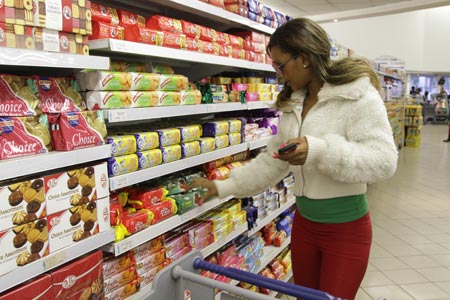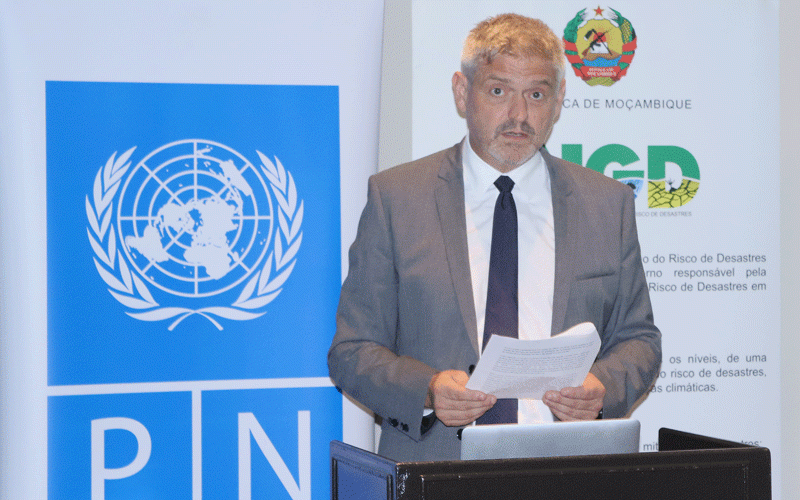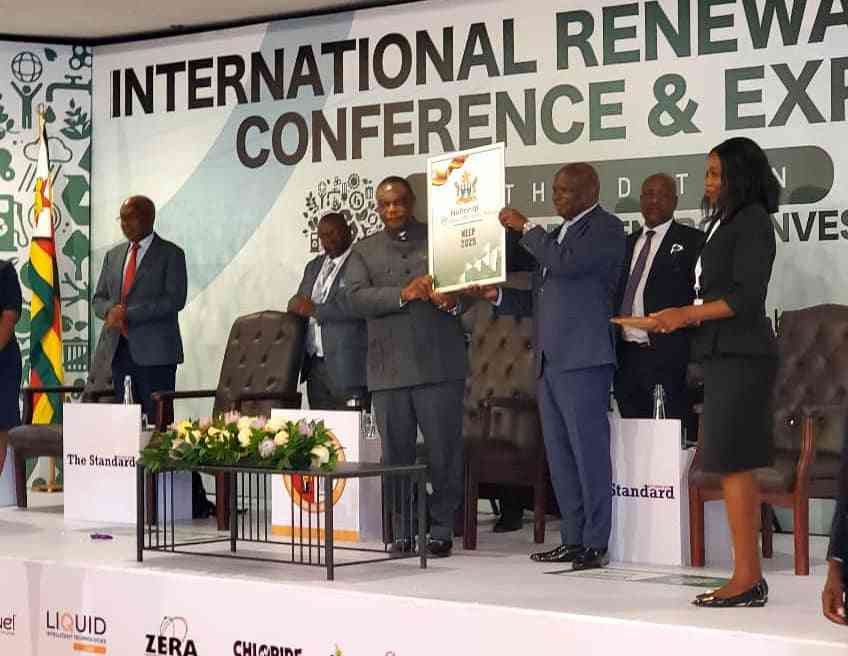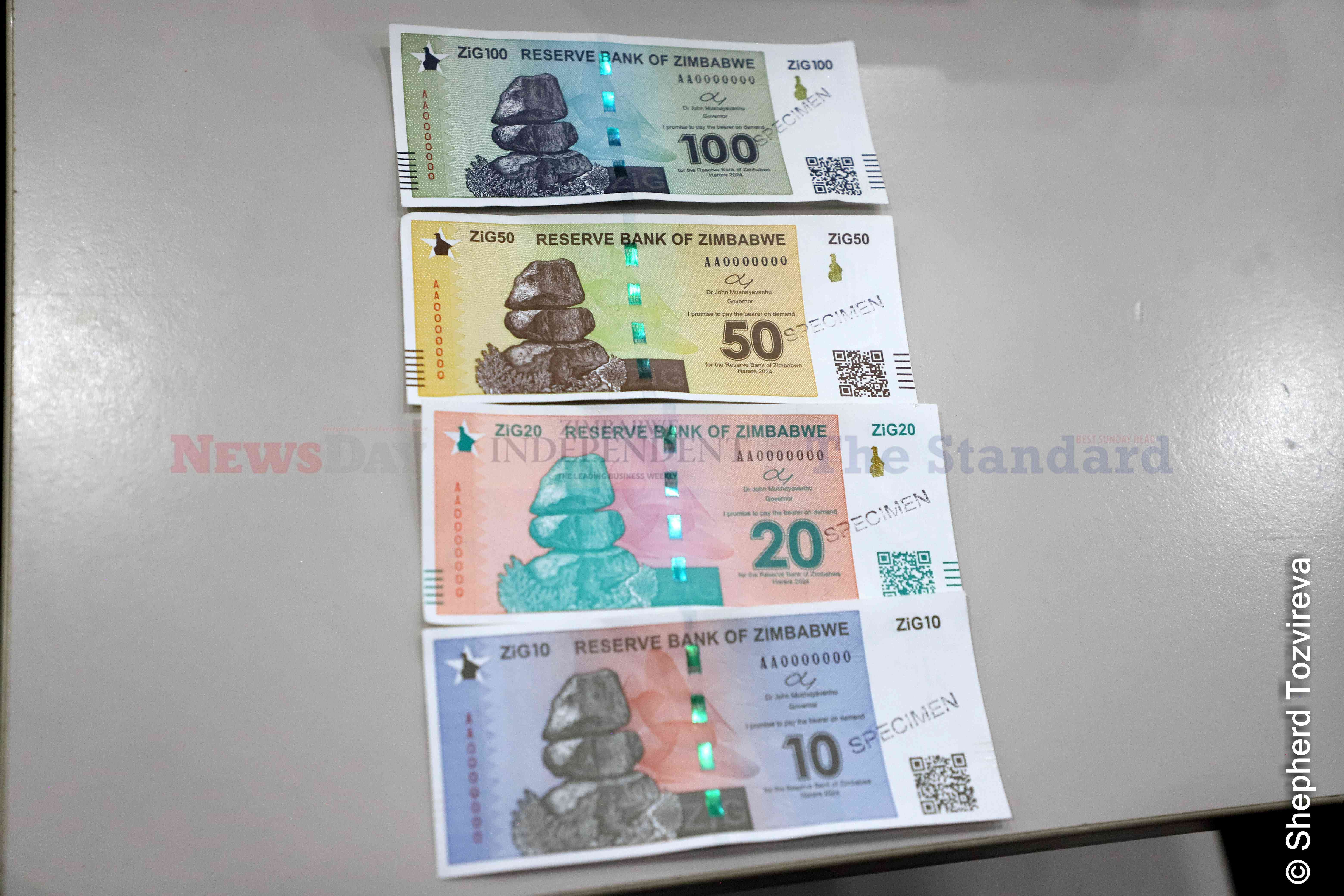
HARARE — Zimbabwe’s price increase puzzle will remain unresolved until government restores normalcy on the currency market that has multiple exchange rates and addresses the shortage of hard currency.
The prices of basic commodities have been rising in the southern African country over the past six months as shortages of hard currency deepened.
As a result of foreign currency shortages, Zimbabwe’s use of US dollar, bond notes, RTGS and mobile money transfers has resulted in exchange rate disparities in the parallel market.
Industry, Commerce and Enterprise Development minister Mike Bimha on Monday told the media that the country’s industry value chains were facing different constraints, which would be mitigated by the National Competitiveness Commission to find solutions.
Prices of food products as well as appliances rose by over 300% since September, with meats and bakery products causing a public outcry.
Presenting the state of the nation address last Wednesday, President Emmerson Mnangagwa implored the business community to show restraint and avoid wanton hiking of prices.
“…Bearing in mind the fact that such actions raise the appeal of cheaper imports, which has the effect of undermining current efforts to develop the local industry,” he said.
Confederation of Zimbabwe Industries president Sifelani Jabangwe says that meat price increases were driven by an Avian Influenza outbreak.
- Chamisa under fire over US$120K donation
- Mavhunga puts DeMbare into Chibuku quarterfinals
- Pension funds bet on Cabora Bassa oilfields
- Councils defy govt fire tender directive
Keep Reading
Zimbabwe’s poultry industry was negatively affected by the Avian Influenza outbreak in the middle of the year, causing low production of meat and eggs in the country.
“The other prices that were incurred were in the poultry and eggs due to the Avian Flu,” Jabangwe said.
However, due to demand, red meat has attracted higher prices.
The country also relies heavily on imports due to undercapitalised local manufacturers, which import raw materials.
“Too many factors have caused the price increases but I will focus on the main one, which is the issue of foreign currency shortages — where manufacturers and suppliers buy foreign currency from the black market.
“It is not a sustainable model, the foreign currency must be acquired through formal channels,” Confederation of Zimbabwe Retailers president Denford Mutashu said.
Imports require local firms to be well-oiled with foreign currency and the Reserve Bank of Zimbabwe allocated $600 million in October under a nostro stabilisation facility to cushion procurement of critical raw materials by manufacturers.
Local manufactures cannot meet the country’s demand, though government has introduced some measures like statutory instrument SI 122 of 2017 to restrict importation of finished products.
However, local retailers have foreign products, with some having three-tier prices.
The Zimbabwean bond notes and mobile dollar are valued differently on the black market and products also have different prices, with mobile dollar being unfavourable.
Retailers favour cash, which enables them to import their stock.
Economic experts say that the availability of forex will lower the commodity prices.
“We do not see the prices increasing but we see them stabilising for now if the $1,5 billion [African Export-Import Bank loan] comes in,” Jabangwe said.
“The currency will have the correct rate being allocated and also by March when the auction floors open, we will have more flows coming.”
The southern African nation earns forex from tobacco and minerals exports.
Tobacco exports stood at $898,9 million as at December 13 and the next auction floors are expected to be opened between February and March next year.
“We also need to agree that we do not arrest the forex dealers but what we do is address the fundamentals by making sure we try to stabilise our nostro accounts.
“We must commission that land audit President Mnangagwa spoke about at his inauguration.
“It has to be facilitated, otherwise the country will continue facing inflationary challenges because output from farming is especially very low,” said Zimbabwe National Chamber of Commerce chief executive Christopher Mugaga.
In his inauguration speech, Mnangagwa said farmers whose land was taken lawfully would be compensated.
Analysts also say that commodity prices are expected to drop after the festive season.
“In any case, we expect prices to tumble, especially after December 25, we expect prices to come down and we also expect that there is going to be stabilisation after the coming down of those prices because demand obviously will go down after the Christmas activity,” Mutashu added.
Mutashu also said the tumbling rate in the parallel market would reduce the forex demand with manufacturers closing for the holiday.
However, analysts say the continuous price increases might increase fuel prices.
“My greatest fear at which both shortages and prices increases are happening, is that in the next two months we will face a dilemma of either increasing the fuel prices or there will be shortages of fuel in this market,” said Mugaga.
So far, fuel prices have remained stable.
According to the Consumer Council of Zimbabwe, the low-income urban earner monthly basket for a family of six increased from the end-October figure of $593,55 to $598,16 by end of November, showing a 0,72 % increase. — The Source










